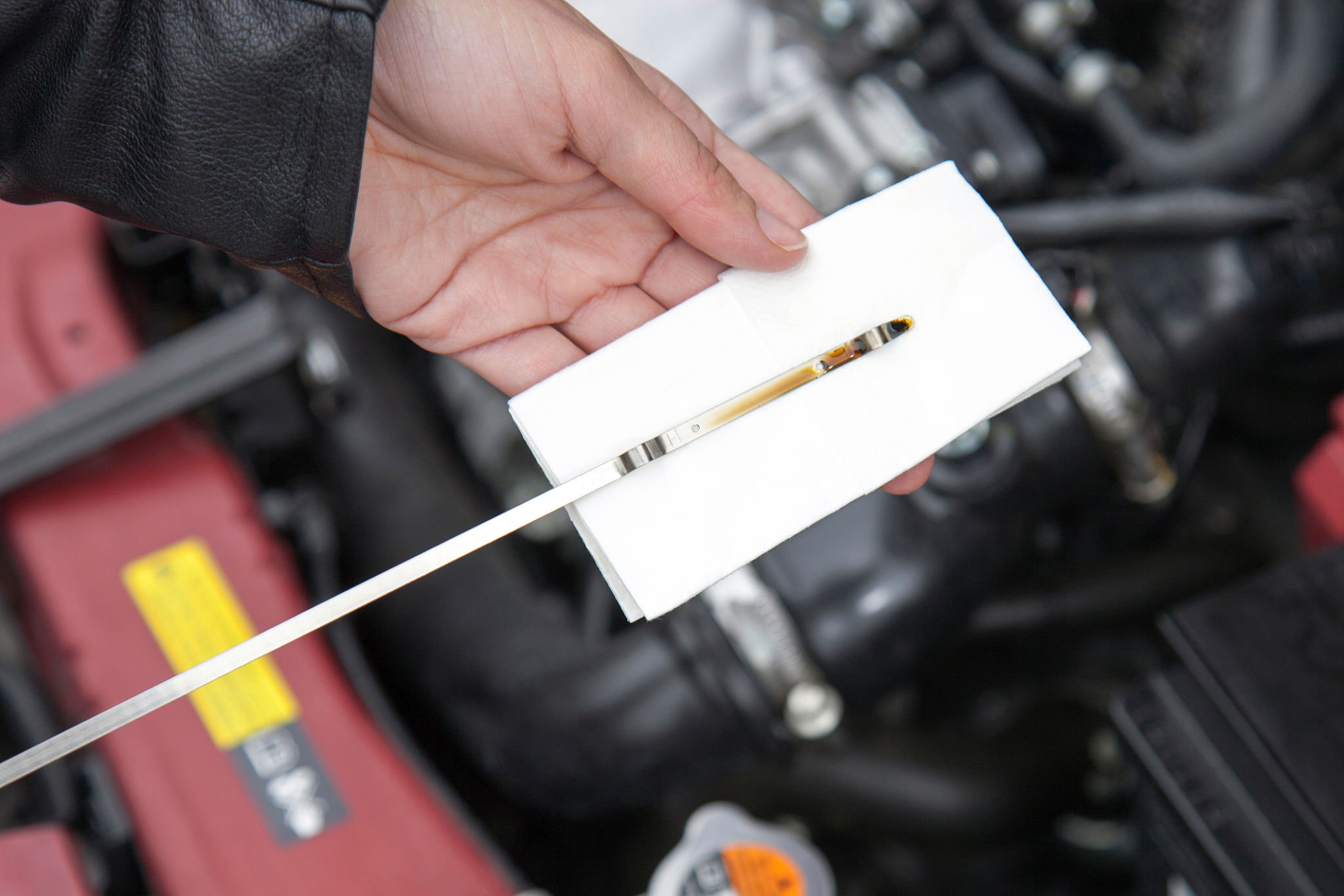Expert Advice: How to Prevent Dashboard Warning Lights in Your Car
Understanding Dashboard Warning Lights
Your car's dashboard is like a control center, providing you with crucial information about your vehicle's health. One of the most important aspects of this dashboard is its array of warning lights. These lights can indicate anything from low fuel to a serious engine problem. By understanding these signals and taking preventative measures, you can avoid potential issues and costly repairs.

Regular Maintenance is Key
One of the most effective ways to prevent dashboard warning lights is to adhere to a regular maintenance schedule. Regular check-ups allow mechanics to catch and fix small problems before they escalate. Make sure to follow the maintenance schedule provided in your vehicle's owner's manual, paying particular attention to oil changes, tire rotations, and brake inspections.
Check Fluid Levels Frequently
Maintaining proper fluid levels is essential for the smooth operation of your vehicle. Regularly check your oil, coolant, brake fluid, and transmission fluid levels. Low fluid levels can trigger warning lights and lead to engine damage if not addressed promptly. Topping off these fluids can often prevent a problem from developing.

Monitor Tire Pressure
Proper tire pressure ensures optimal performance and safety. Many modern vehicles have a Tire Pressure Monitoring System (TPMS) that alerts you when tire pressure is low. However, it's still a good practice to manually check your tire pressure at least once a month. Driving with under-inflated tires can lead to poor fuel economy, decreased handling, and increased wear.
Inspect Your Battery
A failing battery is a common cause of dashboard warning lights. Inspect your car's battery for any signs of corrosion or wear, and ensure that it is securely mounted. If your battery is more than three years old, consider having it tested by a professional. Replacing an old battery before it fails can save you from unexpected breakdowns.

Keep Sensors Clean
Your vehicle relies on various sensors to monitor its systems. Dirt and debris can interfere with these sensors, leading to false alarms on your dashboard. Regularly clean areas around the sensors, especially those related to the engine and exhaust systems. This simple step can help prevent unnecessary warning lights from appearing.
Pay Attention to Unusual Sounds
Listening to your car can provide early warning signs before they become major problems. Unusual sounds such as grinding, squealing, or knocking should not be ignored. These noises could indicate issues with brakes, suspension, or the engine itself. Addressing them promptly can prevent further damage and avoid triggering warning lights.
Conclusion
By taking proactive steps such as regular maintenance, checking fluid levels, monitoring tire pressure, and being attentive to your vehicle's sounds and sensors, you can significantly reduce the risk of seeing those dreaded dashboard warning lights. Remember, early detection and prevention are key to maintaining a healthy and reliable vehicle.
